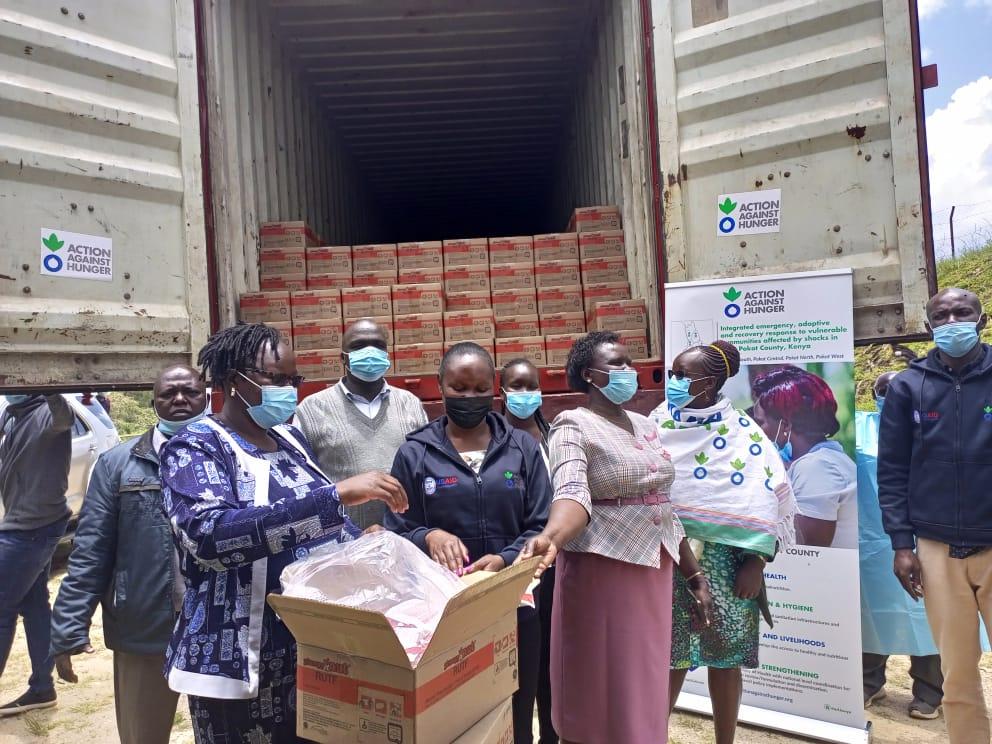Africa-Press – Kenya. Duplication of importation rules and fees between Kebs and Pharmacy and Poisons Board has been blamed for increase in prices for food supplements, nutrition products and borderline products.
A new report by Coalition of Research and Development (CHReaD) and Amref Health Africa said existing laws have failed to clearly distinguish the responsibilities of the board from other agencies.
The aim of the study released on Tuesday was to assess the current regulatory review process in Kenya, identify key milestones and target timelines in the review process, as well as identifying regulatory bottlenecks and opportunities for an enhanced regulatory process in Kenya.
The report also sought to evaluate how efficiency and quality of the process of decision making is built into the process and registration of medical products and health technologies such as vaccines, vectors, drugs, devices and diagnostics.
The report notes that the long turnaround timelines for product registration has become a barrier for new product introductions by the private sector due to fewer staff, with some dossier applications taking more than two years.
“Kenya now has a robust policy framework for HPTs regulation with a high number of government entities playing in the regulatory arena leading to a longer regulatory pathway,” the report reads.
It adds: “This has caused delays as research institutions, the private sector, and other innovators strive to navigate the bumpy path toward the registration of health products.”
According to the report, regulation of health products and technologies such as vaccines, diagnostics, and blood products are lagging.
This, the report said is attributed to the complexities of lack of evaluation, manufacturing capacity in Kenya, and reliance on stringent regulatory agencies based in the US, Europe, and Asia for recognition of approval.
“One thing that Kenya stands out is monitoring of adverse drugs reactions and events and post market surveillance, Kenya is a centre of excellence in Africa for pharmacovigilance,” Chris Masila from Practhealth consulting said.
“From our assessment, human resource has gaps that need to be addressed, we spoke with some distributors, importers and manufacturers and there is still no follow up in terms of fast in, fast out in terms of regulatory approvals.”
The report called for renewal of software licenses used by the board as they shift to digitalisation of all systems.
This is to be done through increased funding and budgetary allocation from the government, as the authority depends majorly on licensing fees and collections.
Acting director health standards Simon Kibias said the Government of Kenya has demonstrated commitment to strengthen its regulatory environment and support the efficient evaluation of medical products and health technologies.
In addition, the government has also developed a robust regulatory framework, which includes a number of regulatory agencies, each overseen by various government ministries.
“Africa is facing a major disparity in its Covid vaccine access relative to any other region in the world,” Kibias said.
“The ministry’s vision is to enable integrated approaches to improving health systems resilience for universal health coverage and health security, based on a foundation of primary health care,” he added.
Amref health Africa country director Meshack Ndirangu emphasised on the need to have efficient systems for regulating and approving medical products and devices.
For More News And Analysis About Kenya Follow Africa-Press






